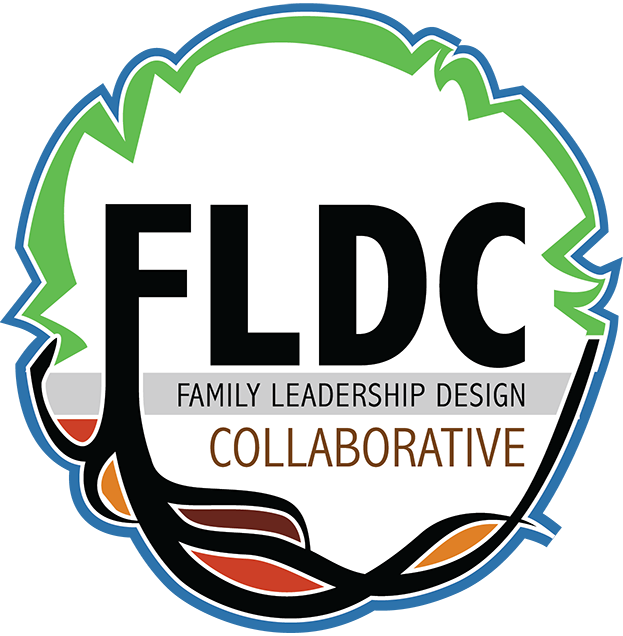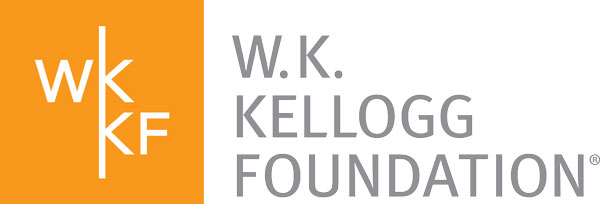Moving from “This is How It’s Always Been” to “This Is How It Must Be”: Lessons from Participatory Design Research
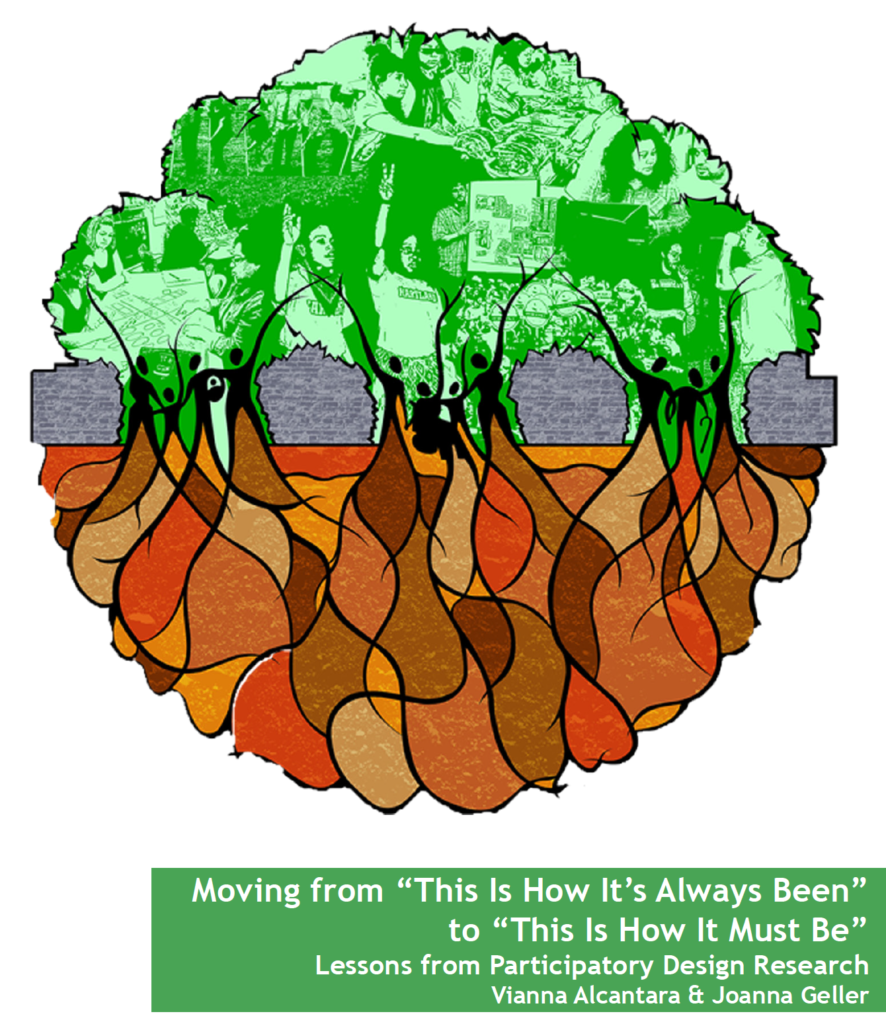
Vianna Alcantara and Joanna Geller co-authored this reflective piece on participatory design research and the lessons learned as FLDC members. Their hope is to “provide fellow researchers with an idea of how they may reimagine their relationships with one another and communities.” You can read more here. Read Article
FLDC By The Numbers

Get a birds-eye view of the Family Leadership Design Collaborative in this accessible report. Learn about the breadth and depth of this work across the country. Download
Re-Imagining and Humanizing Parent-Teacher Conversations and Interactions through Role-Play
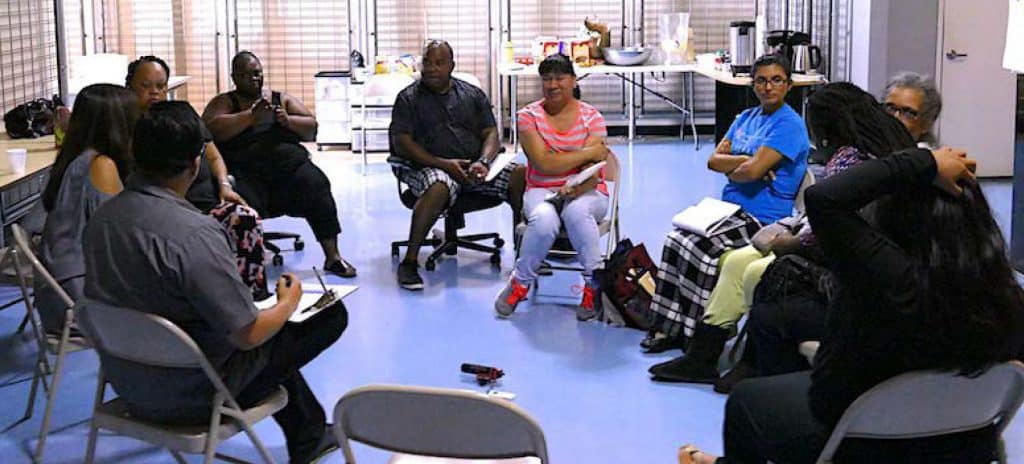
Hundreds of parents in Los Angeles Unified School District (LAUSD) shared their stories of experiencing negative interactions with teachers and administrators in schools, often times feeling disregarded and marginalized due to racial stereotypes and anti-Black and Latino racism, particularly when they pushed back on the ways in which their children were being disciplined. Historically, these […]
Transforming the Field of Family Engagement

This booklet, originally created for the annual meeting of the Institute for Educational Leadership, lays out the background of FLDC, shares our co-design approach, and highlights four of our local site partners. Each case study includes specific co-design practices that can be translated across contexts. This booklet offers a concise and handy introduction to FLDC. […]
Video: Cultivating Community Wellbeing and Educational Justice

In this video, put out by the University of Washington College of Education, FLDC members share how they are looking to radically change the old model of education by redesigning family engagement.
Racialized Formations of Learning In and Across Contexts

This research brief, written by Ezekiel Dixón-Roman, provides a way of understanding what racializations are, discusses some of the important research literature on the impact of racializations in education, and highlights the potential of comprehensive education policy. “To address the concerns of racialized formations of learning in and across context, policymakers need to consider social […]
FLDC Phase 2 Convening Synthesis
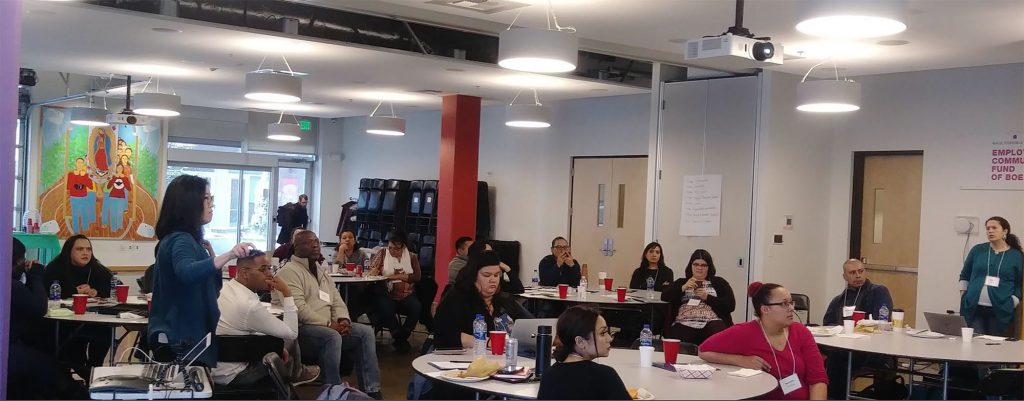
On February 7-9, 2019, FLDC held our third convening where we invited a group of people that are deeply invested in learning and humanizing our way towards community-defined educational justice and wellbeing. Across these multiple contexts, participants shared their efforts to disrupt inequitable dynamics in schools and catalyze educational possibilities that build on families’ histories, […]
Leveraging Family and Community Expertise to Strengthen Native Early Childhood Education

This research-practice brief, written by Tarajean Yazzie-Mintz, offers insights into family and community engagement in early childhood education practice and research, rooted in the knowledge and capacity of native communities. “Traditionally and historically, “family,” in relation to the child in school, denotes immediate or nuclear family, primarily the parent(s) or guardian(s) of the child. In Native […]
Recasting Families and Communities as Codesigners of Education in Tumultuous Times

In a national moment of political tumult and violence directed at people of color, immigrants and other marginalized groups, our education systems need new strategies for meaningfully engaging families and communities in ensuring equitable learning for our youth. Not only do families and communities bring historical and lived knowledge in how to persist through these […]
Centering Ancestral Knowledges
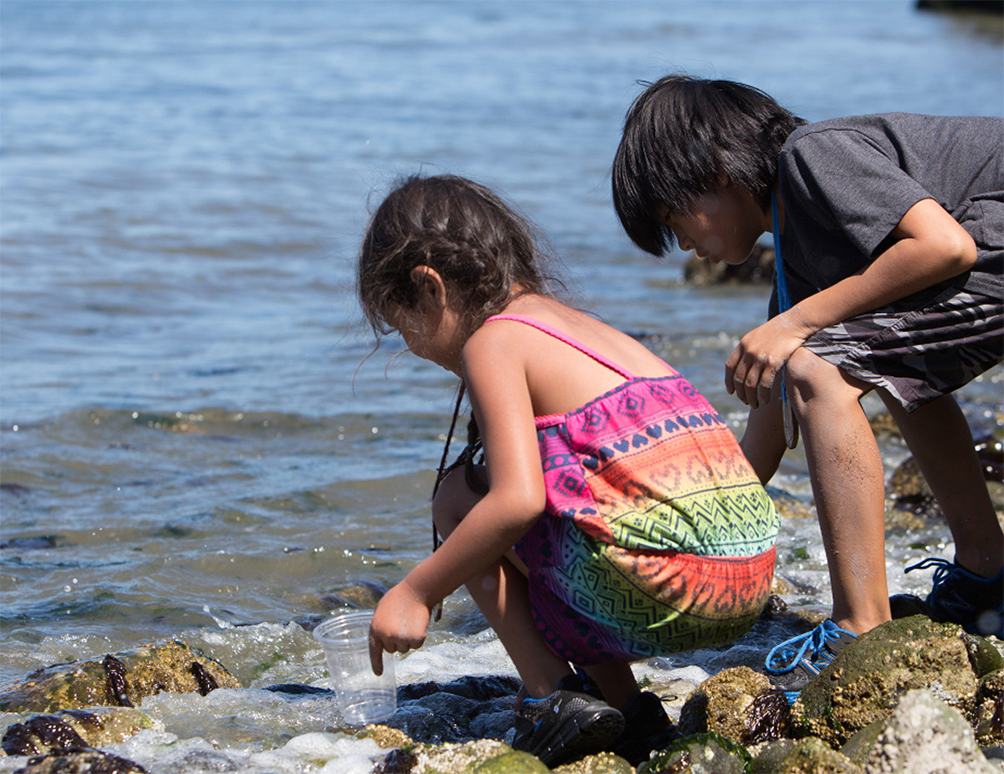
In this research brief, FLDC member Muhammad Khalifa highlights some of the research related to the importance of Ancestral knowledge in all schools, and particularly those that serve Indigenous and other Minoritized youth. Khalifa highlights the importance of wholly accepting Indigenous youth as Ancestral (inheriting, adapting/adding to, and conveying knowledge) as well as intergenerational (gaining […]
Accepting the Challenge: Supporting Early Childhood Education in Greenville, MS

This research brief by Mara Tieken, Joyce Parker, and the Greenville Early Childhood Collaborative describes an early childhood education collaborative in Greenville, Mississippi. Formed to raise early childhood education (ECE) participation rates and support high quality ECE programming, the collaborative consists of participants representing a variety of stakeholder groups: the public school district, the district-run […]
Solidarity-Driven Decision-Making: Enacting Equity in Partnering & Decision Making (Phase 2 Report)
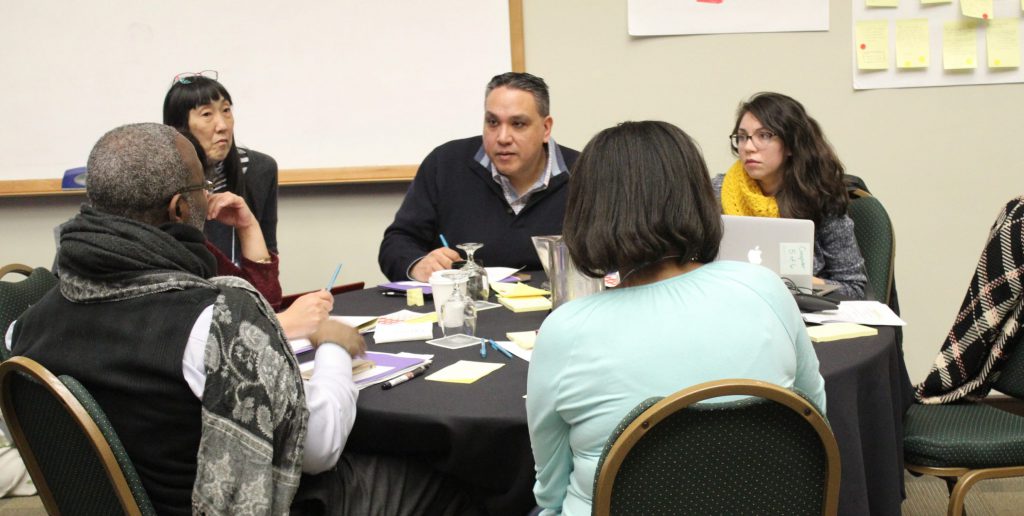
This document elaborates FLDC’s transition from Phase 1 to Phase 2 of our work building solidarities across youth, families, communities, educators, and scholars in pursuit of educational justice and community wellbeing. In phase 1, we developed and “ground truthed” new theories and practices for engaging families and communities in decision-making and articulated a transformative research […]
What Does Partnership Taste Like? Reimagining Family-School Partnerships through Participatory Design Research
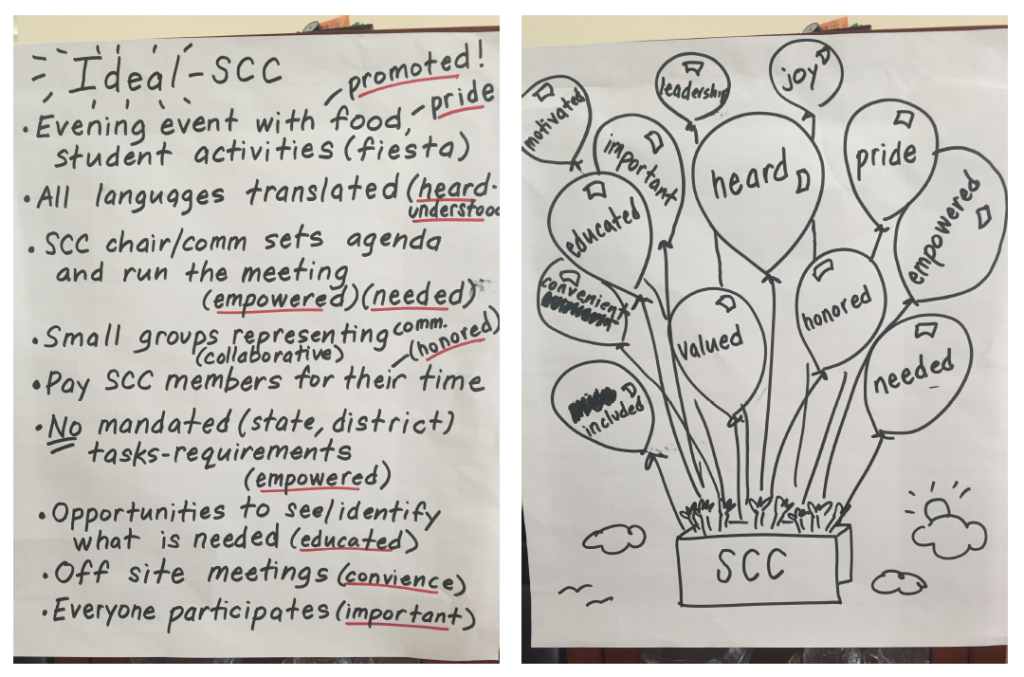
Read up on what partnership can look like in this FLDC published article, authored by Gerardo López, Almaida Yanagui, and Paul Kuttner (University of Utah). Here the authors detail their experience working in a collaborative where parents, educators, and family advocates engage in critically analyzing their current School Community Council at Salt Lake City schools. […]
Toward a Transformative Research and Practice Agenda for Racial Equity in Family Engagement (Phase 1 Report)

We are excited to present the first FLDC report, “Toward a Transformative Research and Practice Agenda for Racial Equity in Family Engagement.” This report is the result of a co-design process including organizers, practitioners, and academics at our 2015 and 2016 national convenings. Over the course of four gatherings, FLDC members worked to develop an […]
